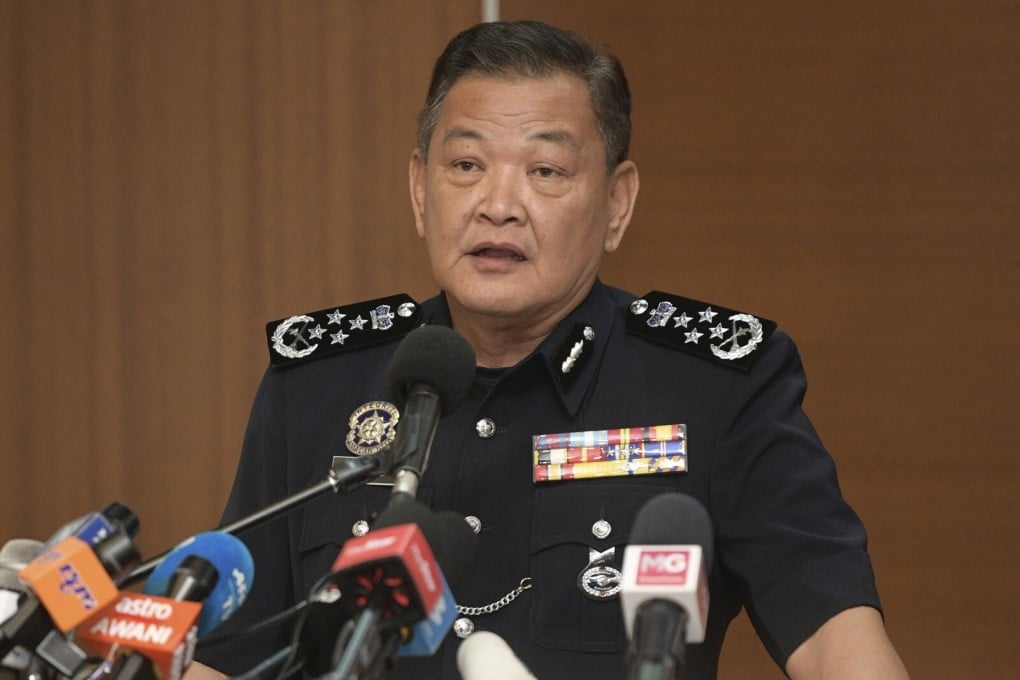Advertisement
Malaysian ex-police chief Abdul Hamid’s expose makes waves but won’t spark reforms: experts
- Abdul Hamid Bador, who stepped down on May 3, accused officials such as the Home Minister of using the force’s secretive Special Branch for ‘political purposes’
- Observers say the revelations are ‘not new’, and are pessimistic that anything will change under new police chief Acryl Sani’s leadership
Reading Time:4 minutes
Why you can trust SCMP

When Malaysia’s former police chief last week took aim at government officials over their links to elite officers as he passed the reins to his successor, insiders who had long discussed the issue in hushed tones found their suspicions brought out in the open.
Abdul Hamid Bador, who stepped down as the national inspector-general of police on May 3, had unleashed an unbridled attack at Prime Minister Muhyiddin Yassin’s government that drew particular attention to the current Home Minister Hamzah Zainudin.
“I was informed that the minister had forced the Special Branch to conduct several operations for its own political purposes,” he was quoted as saying by The Malaysia Gazette newspaper.
Advertisement
“I cannot reveal which operations, because every Special Branch operation is secret, but suffice it to say that the objective was not in line with the mandate given to preserve and manage national security,” he added.
Abdul Hamid, who was appointed to head the 130,000-strong police force by former prime minister Mahathir Mohamad in 2019, also claimed that Hamzah had “arranged measures” to have his “boy” – a former top Special Branch officer – assume the position of Special Branch director later this year.
Advertisement
Advertisement
Select Voice
Select Speed
1.00x